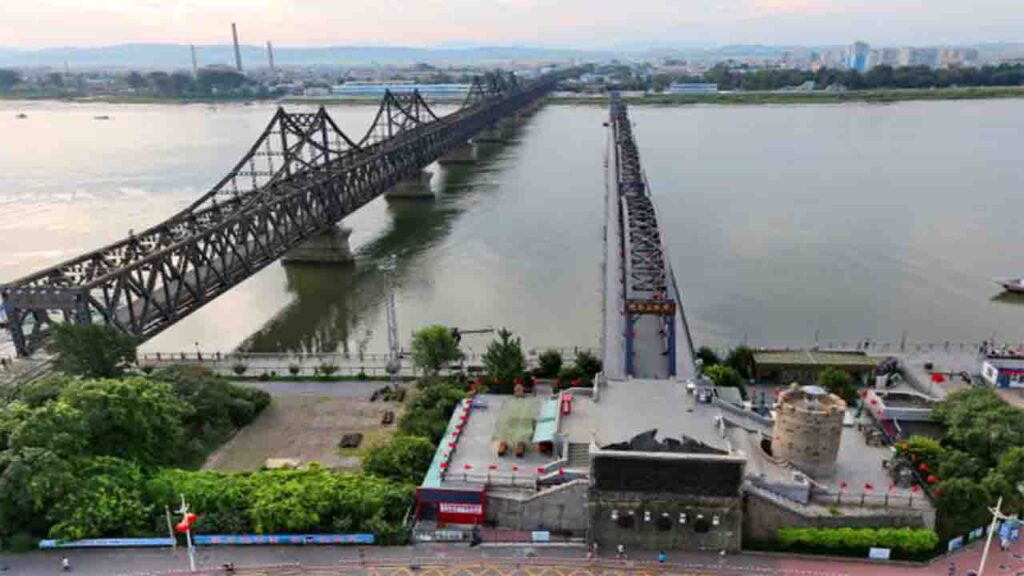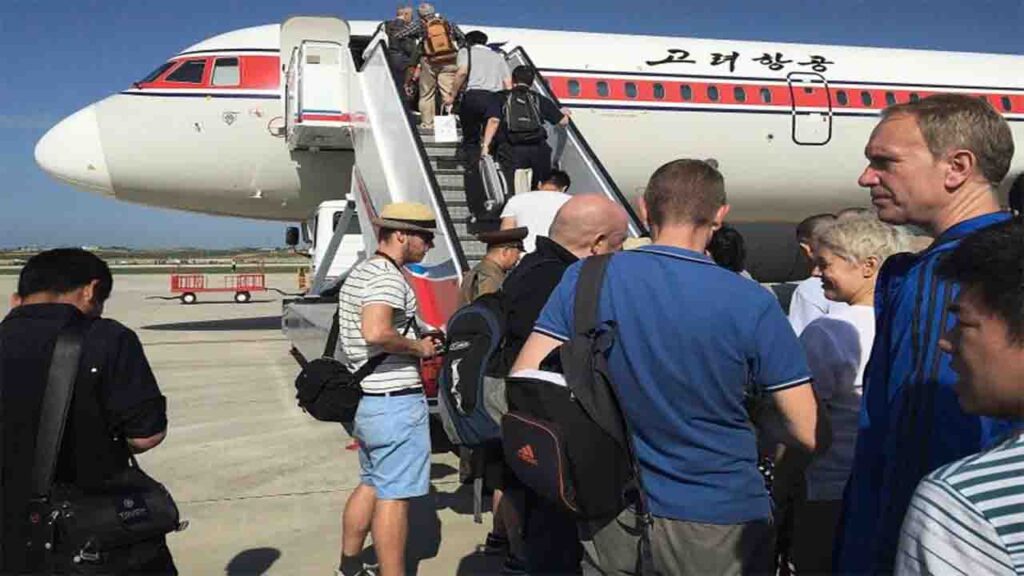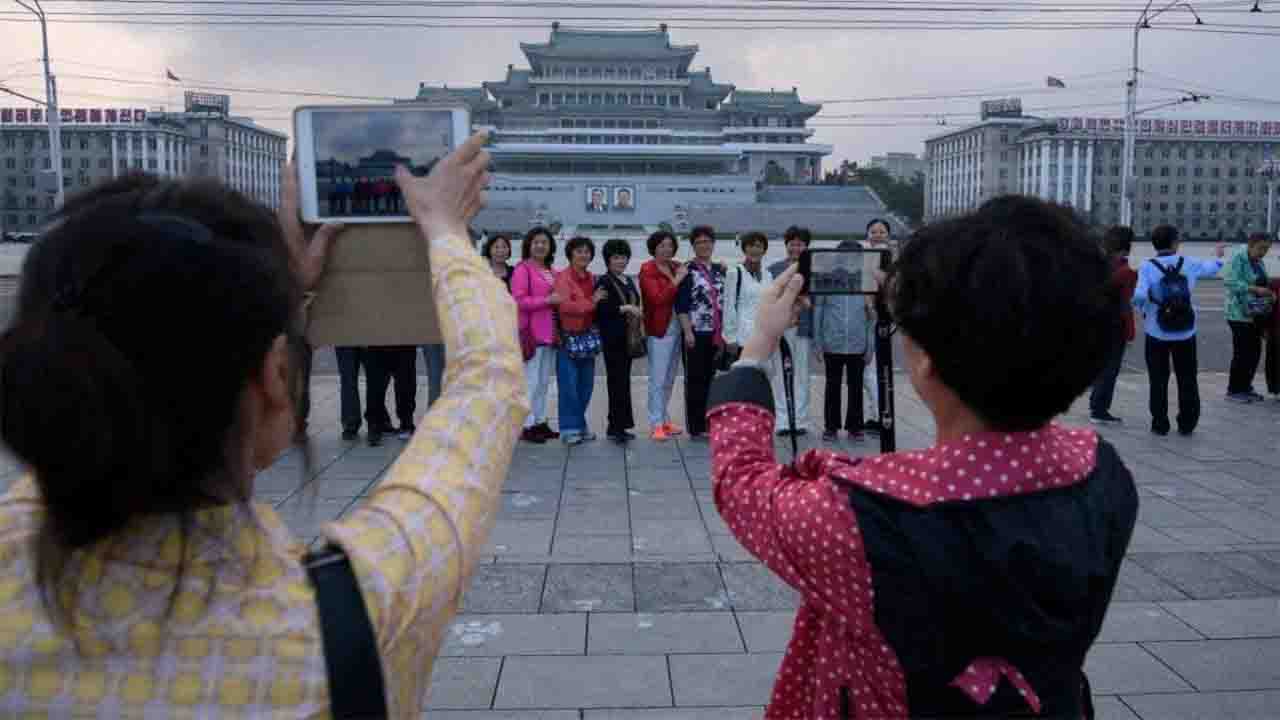In a surprising move, North Korea has announced the reopening of its borders to tourists after a four-year hiatus. This decision marks a significant shift in the isolated nation’s approach to international engagement and raises questions about the motives behind this sudden move. As the world closely watches, it is essential to explore the implications and potential reasons behind North Korea’s decision to welcome tourists once again.
Background
North Korea, often referred to as the “Hermit Kingdom,” has maintained strict control over its borders, limiting foreign access to the country. This isolationist stance has resulted in a highly secretive and enigmatic reputation for the nation. However, recent developments indicate a departure from this approach, as the regime under Kim Jong-un appears to be opening up to the outside world.
The last time North Korea allowed tourists was in [year], and since then, the borders have remained closed to international visitors. The reasons for the previous closure were not explicitly communicated, but it was generally attributed to concerns over the COVID-19 pandemic and national security issues. With the borders now reopening, it prompts speculation about what has changed and what motivated the regime to welcome tourists once again.
Possible Motivations

Several factors could contribute to North Korea’s decision to reopen its borders to tourists. One significant aspect could be the economic strain the country faces due to international sanctions and internal challenges. Tourism has the potential to inject much-needed foreign currency into the North Korean economy, providing a lifeline for a nation grappling with economic difficulties.
Additionally, opening the borders could be a strategic move to present a more welcoming image to the global community. North Korea has long been associated with secrecy, oppression, and human rights abuses. Allowing tourists to witness the country firsthand could serve as a public relations effort to counteract negative perceptions and promote a more positive image on the international stage.
Moreover, the decision to welcome tourists might be part of a broader diplomatic strategy. By engaging with the international community through tourism, North Korea could be signaling a willingness to participate in constructive dialogue and negotiations. This move aligns with recent diplomatic efforts and summits involving North Korean leader Kim Jong-un and leaders from South Korea, the United States, and other nations.

Impact on Tourism and International Relations
The reopening of North Korea’s borders presents a unique opportunity for adventurous travelers to explore a country that has been off-limits for several years. The nation boasts a rich cultural heritage, unique landscapes, and a distinctive way of life that has been largely shielded from outside influence. Tourists may be drawn to the rare chance to experience a society that has remained shrouded in mystery.
However, the impact on tourism will likely be influenced by factors such as travel restrictions, safety concerns, and the overall geopolitical climate. Potential visitors may hesitate due to the lingering uncertainty surrounding North Korea’s political situation, as well as the country’s past track record of strict control over visitors’ movements.
From an international relations perspective, the reopening of North Korea’s borders signals a potential thaw in relations with other nations. The move may be interpreted as a step towards increased cooperation and dialogue, fostering opportunities for diplomatic breakthroughs in the future. However, this remains contingent on how North Korea navigates its interactions with tourists and the international community.
North Korea’s decision to open its borders to tourists after a four-year hiatus is a notable development that raises intriguing questions about the motivations behind this move. Whether driven by economic necessity, a desire to reshape its international image, or as part of a broader diplomatic strategy, this decision signals a potential shift in North Korea’s approach to engagement with the outside world.
As tourists gradually return to explore the enigmatic nation, the world will be watching closely to see how this move unfolds. While it opens up opportunities for cultural exchange and economic growth, the complexities surrounding North Korea’s political landscape and international relations continue to add a layer of uncertainty to this newfound openness.








